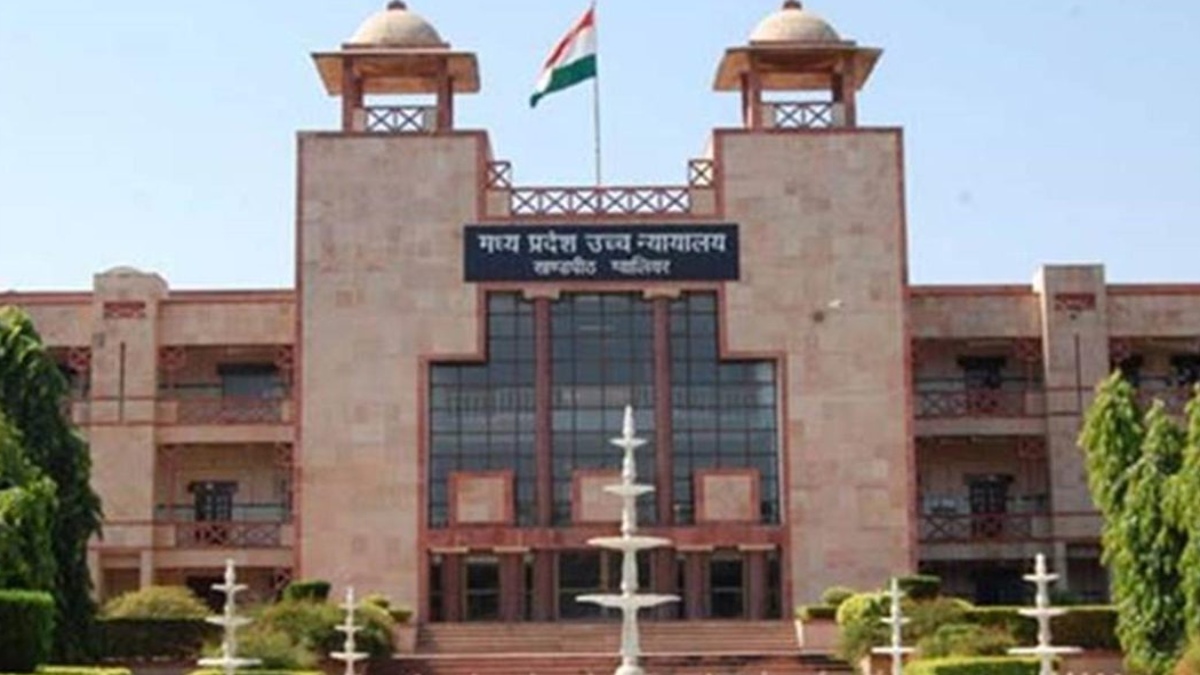
The Madhya Pradesh High Court recently in the case Omprakash Agrawal & Ors. Vs. Sandeep Kumar Agrawal & Anr observed and has held that an order of status quo passed by a court in exercise of its power under Section 151 CPC is not sustainable since there is an express provision provided for the same under the Code of Civil Procedure, 1907.
The bench comprising of Justice S.A. Dharmadhikari observed that admittedly, the learned Court below has erred in appointing the Commissioner, inasmuch as collection of evidence cannot be permitted while deciding the application under Rule 1 and Rule 2 of Order 39 of the Civil Procedure Code, 1908. Prima facie on the three sound principles of law, the application has to be decided. Thus even, status quo order could not have been granted by the Appellate Court exercising the powers under Section 151 of the Code when there is express provision provided under the Code.
Facts of the Case:
A suit was filed by the respondent before the civil court for declaration of title and permanent injunction along with the application under Order XXXIX R1 and R2 CPC against the Petitioner. The respondent application of temporary injunction was rejected against which he filed an appeal under Order XLIII R1 CPC, before the lower appellate court. However, the lower appellate court reversed the order passed the civil court whereby the application of the Respondent for temporary injunction was rejected. Aggrieved to this, the Petitioner moved the Court challenging the said order of reversal.
Before the court, it was submitted by the petitioner that the lower appellate court had travelled beyond the scope of Order XXXIX R1 and R2 CPC by directing appointment of Commissioner for demarcation of the suit land, which was never prayed by the Plaintiff/Respondent. Further, it was asserted that the lower appellate court had also granted status quo in the matter under Section 151 CPC, which could not have been exercised in view of the fact that there is an express provision under Order XXXIX R1 and R2 CPC.
However, while placing reliance on the decisions of the Apex Court as well as that of the Court, it was contended by the petitioner that the inherent jurisdiction of a court to make orders ex debito justitiae is undoubtedly affirmed under Section 151 CPC, but so as to nullify the provisions of the Code, that jurisdiction cannot be exercised.
Pre Contra, it was submitted by the respondent that the impugned order was passed in accordance with the law and therefore, no interference was called for. Further, he argued that no application was required for appointing the Commissioner and that the court can, on its own, appoint the Commissioner, as was done in the present case. Thus, the respondent concluded by stating that the petition deserved to be dismissed.
The court while examining the submissions of parties and documents on record, the Court elucidated the scope of Order XXXIX R1 and R2 CPC-
The Court while exercising discretion for grant of interim injunction the following three principles are applied: –
(i) Whether there is a prima facie case of the plaintiff;
(ii) Whether there is a balance of convenience in favour of the plaintiff;
(iii) Whether the plaintiff would suffer irreparable injury if the temporary injunction is declined.
It was noted by the court that the lower appellate court had erred in appointing a commissioner while deciding the application of the Respondent for temporary injunction. Further, the court opined that the application under Order XXXIX R1 and R2 CPC ought to be decided prima facie on the three stated sound principles of law. Also, the court held that the status quo order could not have been granted by the appellate court exercising the powers under Section 151 CPC when there is express provision provided under the Code.
Accordingly, the court directed the lower appellate court to decide the application of the Respondent under Order XXXIX R1 and R2 CPC without evaluating the report/evidence of Commissioner, in accordance with the prescribed law and further to take a decision as expeditiously as possible.
Accordingly, the bench allowed the petition to the extent indicated hereinabove.